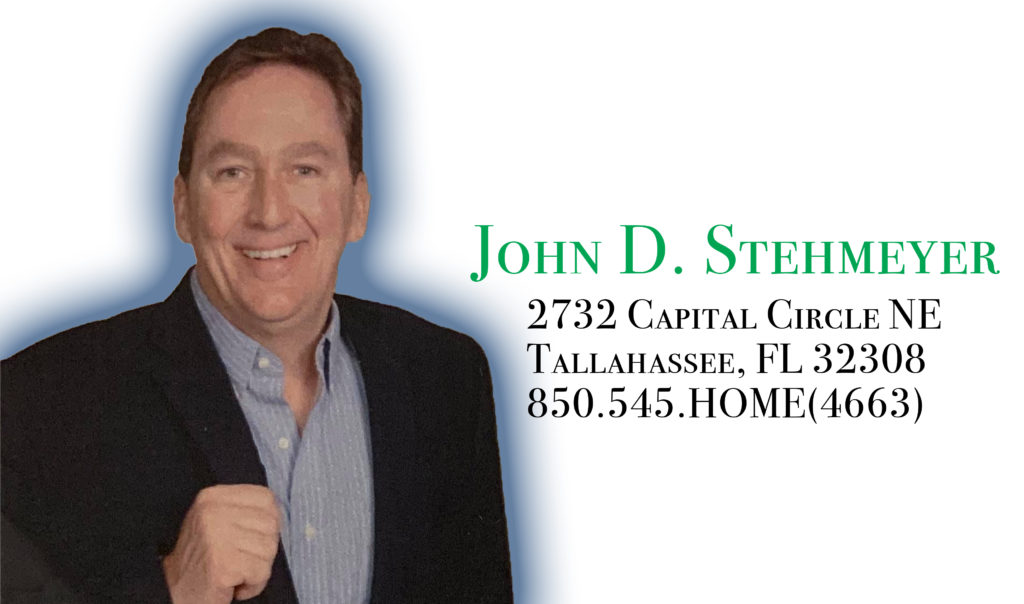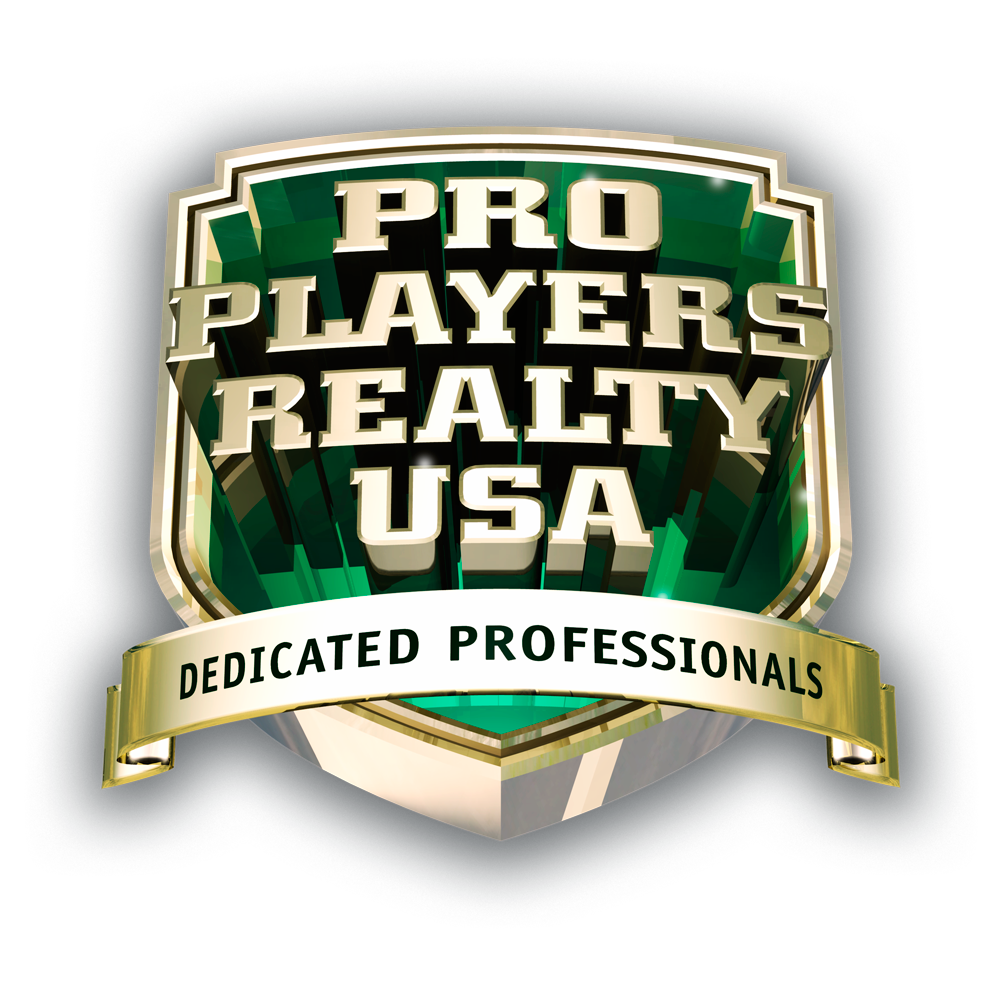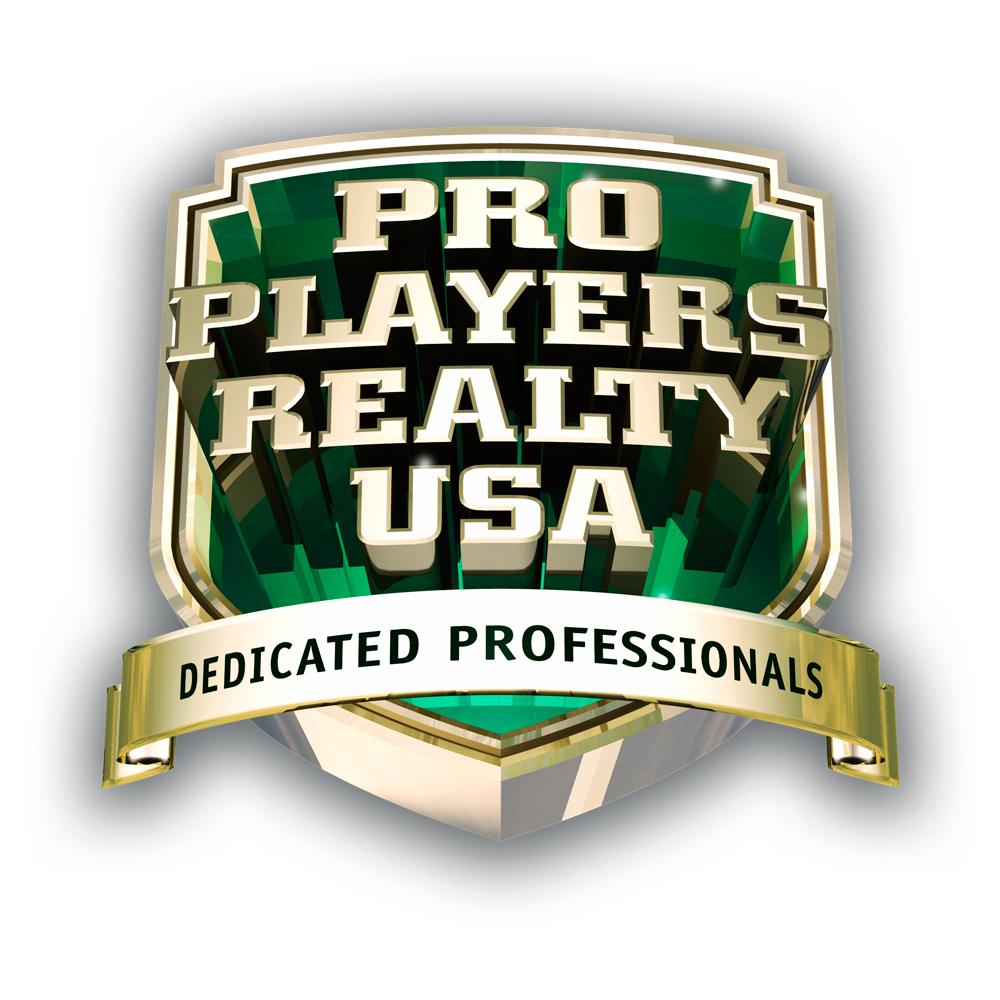Buyers
Guide
Being Pre-qualified and Pre-approved to secure the deal when we find the right one for you
Getting pre-qualified for a loan simply gives you an idea of how much you are approved for in the purchase price of a home and begins the process of identifying loan products that are good for you. This takes very little time, is of great value and can generally be done on the phone or through email.
A pre-approval means that you have gone through the process of actually getting approved for the loan, however, it is not the final loan commitment. Detailed documentation is required and when you are approved for a loan you will receive a pre-approval letter stating the lender is willing to give you the loan for a specified period of time, generally 60 days.
Information that can be required to get pre-approved might include:
- Social security numbers of the borrower and co-borrower(s).
- Driver’s License
- Your previous residency information
- Most recent two-year employment history, including annual income.
- W-2 tax forms for the past 2 years.
- A list of creditors, including account balances.
- Provide two-three months of the most current bank statements for each bank
- Provide recent copies of any stock brokerage or IRA/401K accounts that you may have.
- Most recent pay stubs. (Usually the last 30 days)
- Any supporting documents proving claims of additional or supplemental income for sources like: social security, pension, stock dividends interest and such.
- If you are not a US citizen, provide a copy of your green card, or if you are not a permanent resident provide your H-1 or L-1 visa.
- If recently divorced you will need to provide a copy of the divorce decree as well as proof regarding any claims of receiving alimony or child support.
The DIFFERENCE the Right Real Estate Agent makes for you when Buying a Home
Buying a home, for many people, can be one of the largest and most important financial commitments you’ll ever make. This can be an extremely emotional process for some people. It is a serious investment and a very personal choice.
Our agents at Pro Players Realty USA will guide you through this rewarding process with detailed knowledge of our current market to best assist you in locating your perfect home, negotiating the most beneficial price and terms, and bring you through the purchasing process from contract to close! With the dedicated professional real estate agent by your side, the home buying process can be an exciting experience.
What Features Are You Looking for In Your Home?
Deciding on features can be helpful before you start actually looking at homes. Decide on important features and neighborhoods you are interested in. Trying to search through too many listings can be daunting and discouraging. Always lead with knowledge!
The Dedicated Professional
As with any job, being an expert in one’s field is crucial. The most important areas a real estate professional should have exceptional knowledge in are:
- Market Trends
- Pricing Inventory
- Negotiating Terms
- Maximizing Profits
- Product Knowledge
When looking for your real estate agent, find someone you are comfortable in communicating with. If you don’t feel you can be candid with or can openly discuss the positives or negatives of a particular home, you have the wrong agent! Many agents have desirable personalities but your expectations can determine how well they work with you.
Client Referrals; we welcome your referrals and promise to provide great service to them
Agents should have referrals from past clients. Check their website for client testimonials.
- Newer agents may only have a few referrals but don’t be deterred, the quality of work that any agent produces is most important.
Questions to Ask a Real Estate Agent
Make sure that your real estate agent is right for you! Prepare some questions for your agent prospects ahead of time. Here are some good questions to get you started:
- Do they belong to the local Multiple Listing Service? (MLS’s are cooperative information databases that provide homes for sale in the area, as well as the market history of homes, and in depth property descriptions.)
- Inquire about their market knowledge of the local area.
- Can they point out important features or potential problems with properties?
- Do they have great problem-solving skills and a good business sense?
- Do they understand the latest technology in order to serve you better?
- Can they improve your bottom line through their negotiating skills?
- Are they enthusiastic, honest and trusted consultants?
- Are they willing to go the extra mile to insure you receive the best home buying experience possible?
Questions to Ask Your Lender about your mortgage
The following are some good questions to discuss with your lender when applying for a home loan:
- What kind of fixed-rate mortgage loans do you have available?
- How long can I “lock-in” the financing at the current interest rate and what is the “lock-in” policy?
- What are the other fees a lender may charge me?
- Are funds for a second mortgage available?
- Is there a pre-payment penalty clause?
- What is the “grace” period?
- How late can a monthly payment be made before a late charge is assessed?
- What will happen if a payment is missed?
- Is the mortgage assumable?
- Do you have to pay “points” to get your new mortgage?
- Will the lender require mortgage insurance?
- Is the loan serviced locally or is the servicing sold?
- Ask for a written “good faith deposit”.
- What will the total closing costs be?
First Time Buyers Important Things to know and remember
Buying your first home can be a great experience. However, make sure you are ready to move forward in the purchase of your first home!.
Are You Financially Ready?
- Find out how much can you afford? Remember, you must lead with knowledge!
- Contact a mortgage broker or lender as soon as possible.
- Online mortgage calculators are notoriously inaccurate, do not rely on these!
- Save as much as you can for a down payment and closing costs. Standard mortgages require between 5-10% down.
- Think about saving for your down payment longer. If you can put down 20% you can avoid having to pay for mortgage insurance! If you can’t afford this, don’t get discouraged, there are programs available to help. Please consult your realtor for a list of lenders.
- Consider what closing costs might be. There are associated fees when getting a mortgage including lender, title and settlement fees, taxes and prepaid items such as homeowners insurance or HOA fees.
Start Researching the more you know the better
- Find your real estate agent first! Information about homes for sale available to the public are days and often weeks old! Real estate agents have up to the moment information on all houses for sale.
- Stop paying rent! If your rent is $900 per month, with a 6% rental increase per year, you will pay $133,560 in rent over a 10 year period!
- Look at a home’s potential. Look for a good core in a house or “good bones”, you can always paint, put new carpet in or redo a bathroom. Don’t make a decision on whether to buy a home based on paint color!!
- Look at other surrounding areas and neighborhoods. This might take some compromising but looking outside of neighborhoods you primarily thought you wanted to live in can open more opportunities.
Reasons to Own your Home
- Quality of Life
- With Rising rental rates, it’s cheaper to own!
- Mortgage Interest Deductions
- Property Tax Deductions
- Estate Building
- Build Equity
- Investment Leverage
Financing Choices We refer you to great lenders to save time and money
There are many types of financing options available to buyers. Here is a brief overview of the most common types:
Fixed Rate Mortgage (FRM)
The interest rate on a fixed rate mortgage stays the same throughout the life of the loan, usually 10, 15 or 30 years. The principal interest portion of your payment remains the same. Fixed rate mortgages keep you protected from rising mortgage rates.
Federal Housing Administration (FHA) Loan
FHA does not lend money it insures loans. The down payment can be as low as 3.5%. Either buyer or seller may pay discount points. The borrower must also pay an annual Mortgage Insurance Premium or 0.5%, which is collected monthly.
Veteran Affairs (VA) Loan
The VA guarantees a portion of the loan so that lenders who originate the loan are more comfortable with their risk. Qualified veterans generally don’t exceed loans up to $203,000 with no down payment. VA guaranteed loans can be combined with other second mortgages and can be assumable upon qualifying by any future buyer.
Assumable Mortgage
Buyer takes over the mortgage obligation of the seller. The interest rate usually doesn’t change and is sometimes lower than the current rate. Often the loan fees are less as well.


